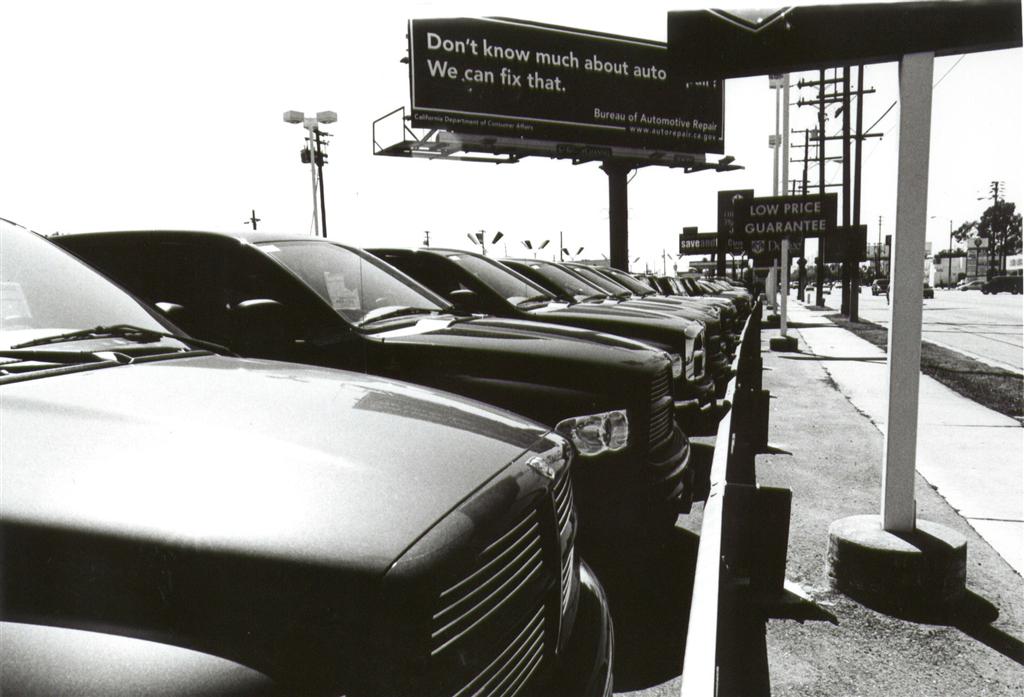
It is every car buyer's worst nightmare. The minute you get that newly purchased vehicle home, you notice something is wrong. Before long, you realize that the vehicle is worth far less than you paid, or you begin to question the ethics of the salesman. If you suspect a car dealership is guilty of fraud, what rights do you have? Are there any steps you can take to recoup some of your money?
Unscrupulous car dealers will use a variety of fraudulent techniques. One common technique is "bait and switch" advertising. This involves advertising a particular vehicle at a great price, only to tell the potential buyer that the vehicle is no longer available, while aggressively trying to sell another at a higher price. Failure to disclose information about a vehicle is another fraudulent practice, as is inflating the vehicle's sticker price in order to make the customer feel as though the negotiated price is a great deal. You may also fall victim to mileage rollback, which is when the dealer changes the odometer reading to indicate fewer miles are on the vehicle.
Remember that car dealers are not required to disclose everything about a vehicle. The required disclosures vary from state to state. However, most states require dealers to disclose whether or not the car was a salvage vehicle or a prior rental vehicle, involved in a significant accident at one point, or bought back under lemon laws. Some states require dealerships to disclose any repairs that equal a certain percentage of the vehicle's price. For example, in North Carolina, dealers must disclose in writing any repairs that were over 5 percent of the suggested retail price of the vehicle.
If you suspect your salesman is guilty of fraud, you should contact the dealer prior to taking any legal action. Explain your concerns in writing, and clearly show how you determined the problem. Keep your demands reasonable. A full refund is unlikely, but you can ask for a partial refund on the purchase price. Explain what you need to receive in order to rectify the problem. Keep copies of all correspondence between yourself and the car dealership, as these will be needed if you pursue legal action at a later date.
If the dealer is unwilling to work with you, the next step is to file a state agency complaint. Each state has an agency that protects consumer's rights when buying vehicles. This agency could be part of the attorney general's office, or it may be a separate government agency. If you cannot find the information on-line, contact your state representative for help in locating the right agency. Filing a complaint may not only help you, but may also prevent others from encountering the same problems.
Sometimes the fraudulent action could cost you thousands of dollars. If this is the case, it might be worthwhile to hire an attorney who has handled car dealer fraud cases. This legal professional will evaluate your case to determine whether it's worthwhile to file a lawsuit against the dealer. If you feel there is significant money at stake, an attorney can help you recover some of it.